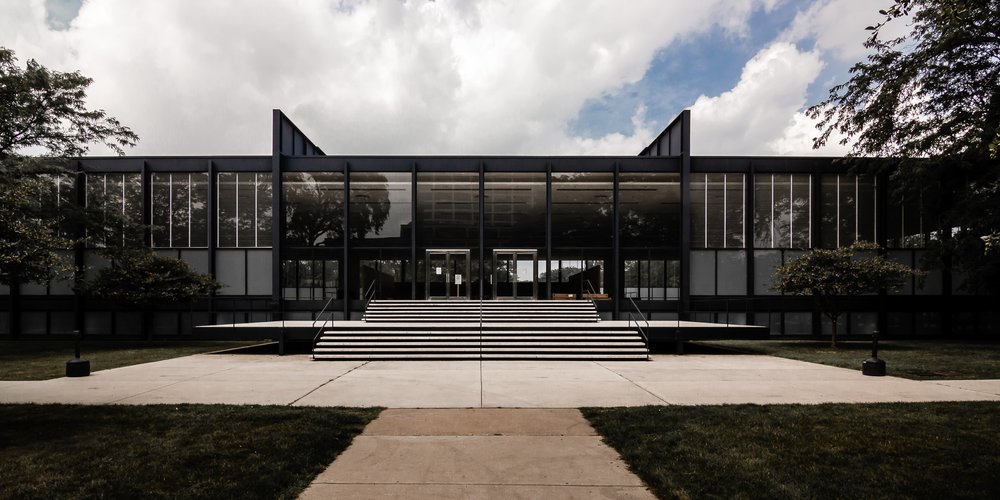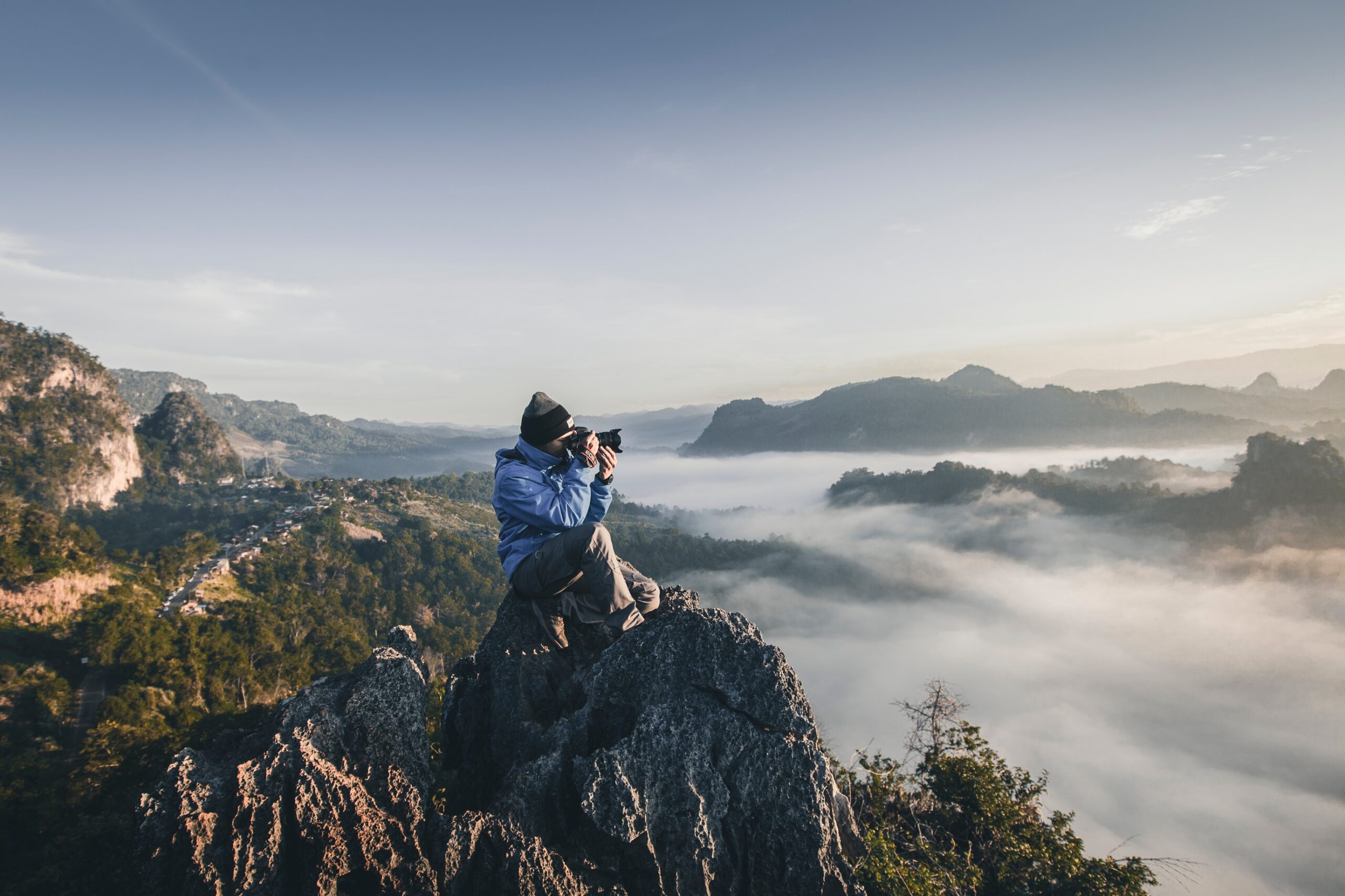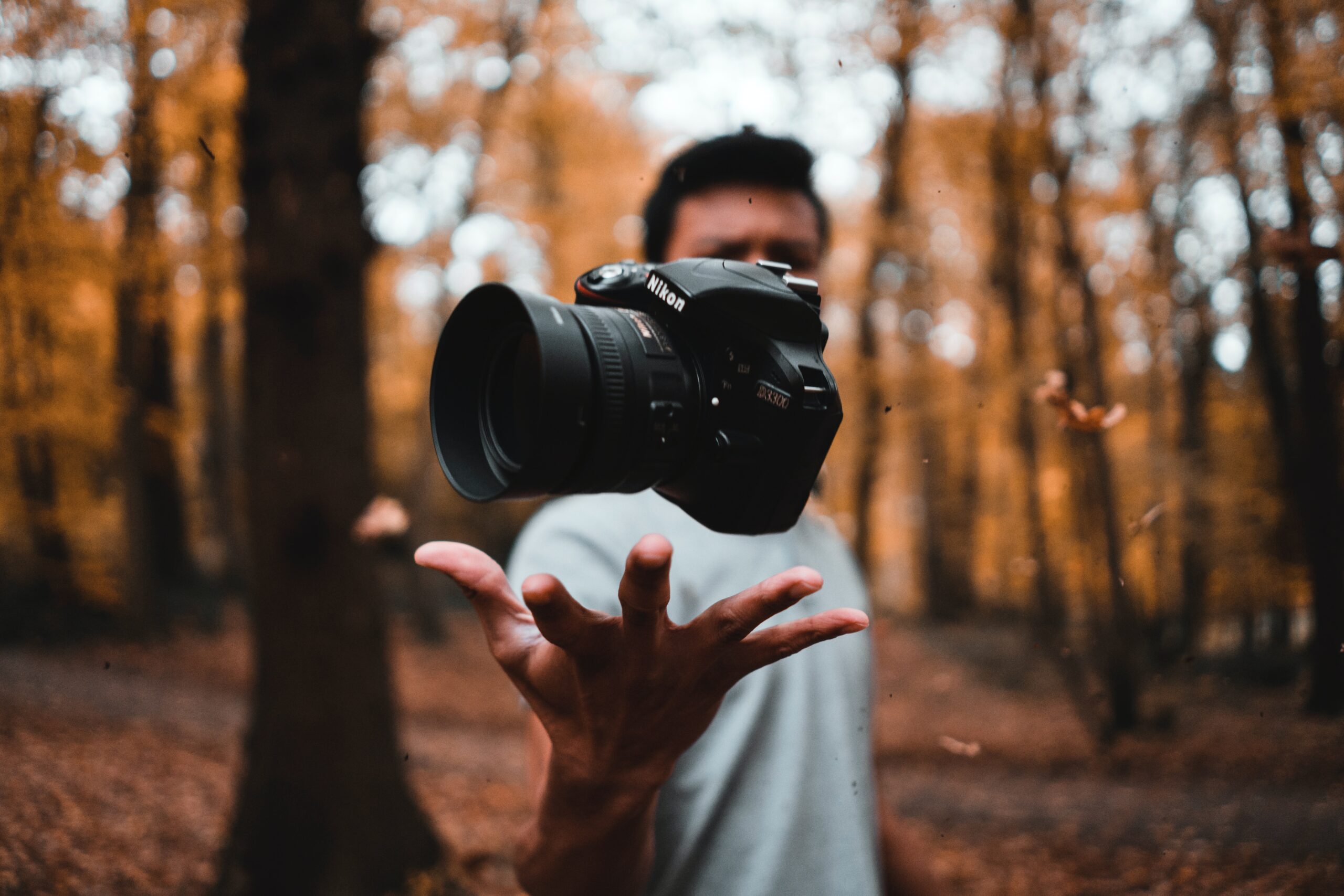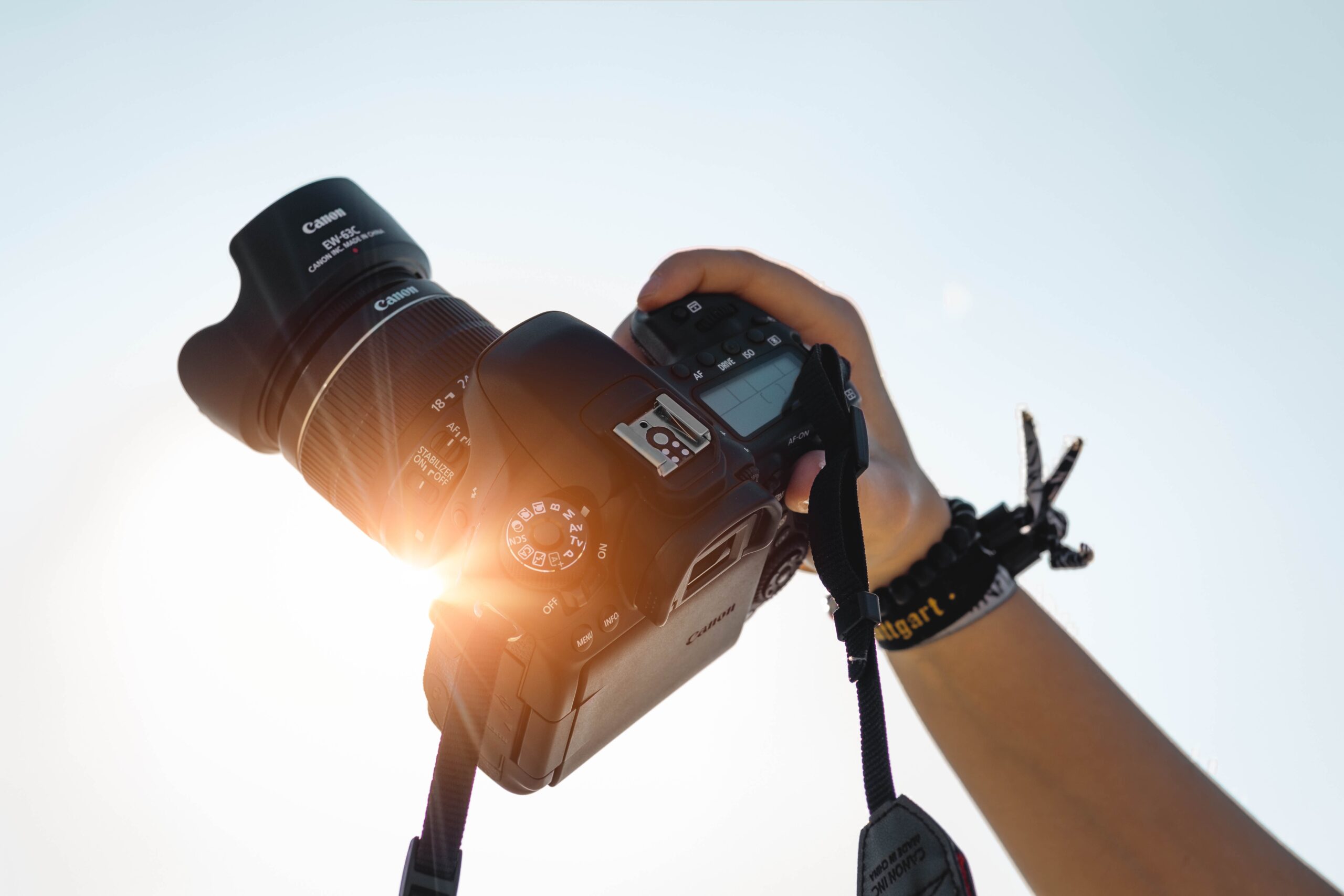he old days of handycam footage saved to DV tapes are gone. With access to inexpensive cinema cameras, gimbal stabilizers and hybrid mirrorless cameras that shoot in 4K 60fps, it’s not uncommon to see wedding video services offered for the same price as photo services. There is a brand new buffet of options that goes beyond basic static footage, and covers ever price range from $1000 all the way up to 10s of thousands of dollars.
It can be hard to know what kind of video is right for you, or even what to expect when you start looking through all the services offered in your area. To help you understand the different types of services offered, I’ve broken them down here with examples:
This is the simplest type of wedding film. It’s short and sweet and comes in 2 varieties. The first type is a Wedding Trailer. The trailer is an abridged or shortened version of a much longer cinematic or documentary-style wedding film. The trailer can be edited to share on social media, and is sometimes delivered in advance of the full film as a teaser or preview of what is to come. The second type of highlight film is what I call the Montage. The Montage is footage set to music with all of the best moments, or best shots from your day. This type of film usually doesn’t include voiceover audio or other storytelling elements like vows or speeches. Highlight films are typically shorter or offered as an add-on service by photographers who provide hybrid photo-video coverage. Highlight films are the least-expensive service, and can be a great option for couples who plan on having a shorter wedding where less coverage is needed.
Cinematic Film
You can identify a cinematic film by the added elements of storytelling. Wedding videographers are true run-and-gun filmmakers, meaning they need to be ready to capture anything. Every wedding has a story and it’s the videographer’s job to find it and capture it in the best way possible. A cinematic film expands upon the Highlight Film with recorded audio and things like voiceovers. This includes both ambient sounds as well as audio from planned moments like speeches, vows or toasts which is crucial for good storytelling. Good sound design is as important as good video footage. An experienced filmmaker knows how to combine music, weave in a sentimental speech, and add sound effects at just the right moment for heightened emotional impact. It’s important to note that a cinematic film might not necessarily be presented in chronological order. Quite often the footage is edited to suit the story, which in most cases results in a non-linear edit. Cinematic videos can range in length (I’ve seen ones get close to 20 minutes!) Usually there is more planning involved, and multiple videographers to ensure no angle is missed. This style of wedding filmmaking is extremely popular, and my personal favorite.
Documentary Film
Not to be mistaken with Raw or Unedited footage, this style of video is as the name suggests: a documentary. This type of film is narrative-driven and often more photo-journalistic in nature. As a result it can feel slower-paced because events are being recorded and shown in the edit as they happened. Usually this type of film is much longer (an hour+) and includes dedicated interview segments (of the couple/friends/family) and longer recorded segments of moments throughout the day. I find this style varies widely, and can sometimes contain elements that are similar to the cinematic film. The documentary film can be a great option if you want to remember everything in a single video.
Raw Footage
I saved this one for last because I don’t consider it a wedding “film”. This is more of an add-on, and it is usually offered by videographers who shoot cinematic or documentary-style films. When you hire a videographer to shoot your wedding they end up capturing hours of footage that never makes it into the final edit. Some videographers allow you to purchase all of this extra footage (usually for a hefty fee). Another option is a ceremony-only edit, or a toasts-only edit where the best camera angles from each of these moments are compiled into a separate video so you can watch them back later.
Is Wedding Photography Dying?
While I can’t answer the question for you, I strongly believe videography is the future of wedding capture. When I was younger, my Dad purchased a Sony DV camcorder that he would use to record our family moments to later save on VHS tapes. Having watched and re-watched those silly family home recordings for hours on end, I’ve come to realize how important it is to capture video of even the most mundane moments in our lives, let alone the most important ones.
Your wedding is arguably the most important day of your life. The last thing I want is for you to look back in 10 or 20 years with regret because you hired the wrong videographer, or decided not to get one at all.
Photography will always be a staple, but I believe it is slowly becoming less important as couples begin to realize how powerful a well-shot and well-edited video is in capturing the details and retelling the story of your wedding day.
If you are considering a videographer for your upcoming wedding, I would be happy to assist you:






